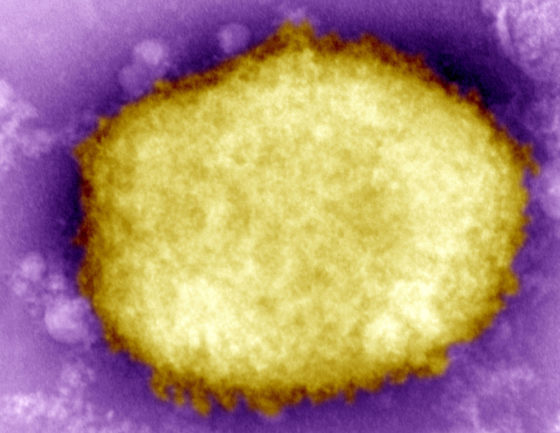Doctors identify first cases of monkeypox in the Netherlands


Public health institute RIVM has confirmed that ‘several people’ in the Netherlands have been diagnosed with monkeypox, following positive tests in eight other European countries, including Portugal, Britain and Belgium.
Monkeypox is a virus, which primarily occurs in countries in West and Central Africa. The virus is common in rodents, but can also be transferred to humans.
The World Health Organisation said on Friday 80 cases have now been confirmed worldwide and has said another 50 suspected cases are being investigated.
Health minister Ernst Kuipers told MPs in a briefing on Saturday that the disease will be notifiable, meaning all cases now need to be officially registered. ‘This means that new cases can be detected as soon as possible and isolated, and that their contacts can also take steps, such as quarantine,’ the minister said.
The viral infection is usually mild and most people recover in a few weeks. Initial symptoms include fever, headaches, swellings, back pain and aching muscles. Once the fever breaks, patients develop an itchy rash which often begins on the face and then spreads.
There is no specific vaccine for monkeypox, but a smallpox jab is said to offer 85% protection since the two viruses are quite similar. Kuipers said people who have been in touch with an infected patient will also be offered a vaccination.
Summer
The WHO’s regional director for Europe Hans Kluge has said that he is concerned spread of the virus will accelerate ‘as we enter the summer season … with mass gatherings, festivals and parties.’
Many of the patients who have come forward so far are gay men and Belgium’s three confirmed cases of monkeypox have been linked to a large-scale fetish festival in the port city of Antwerp. Kuipers said in his briefing that while a notable number of men who have sex with men are among the patients the virus is ‘not confined to them’.
The virus can be spread via mucus membranes in the mouth, nose and eyes or via open wounds.
The RIVM said its medical experts expect more people in the Netherlands have been infected and will give an update after the weekend.
This article was updated on Saturday afternoon to reflect the latest situation
Thank you for donating to DutchNews.nl.
We could not provide the Dutch News service, and keep it free of charge, without the generous support of our readers. Your donations allow us to report on issues you tell us matter, and provide you with a summary of the most important Dutch news each day.
Make a donation